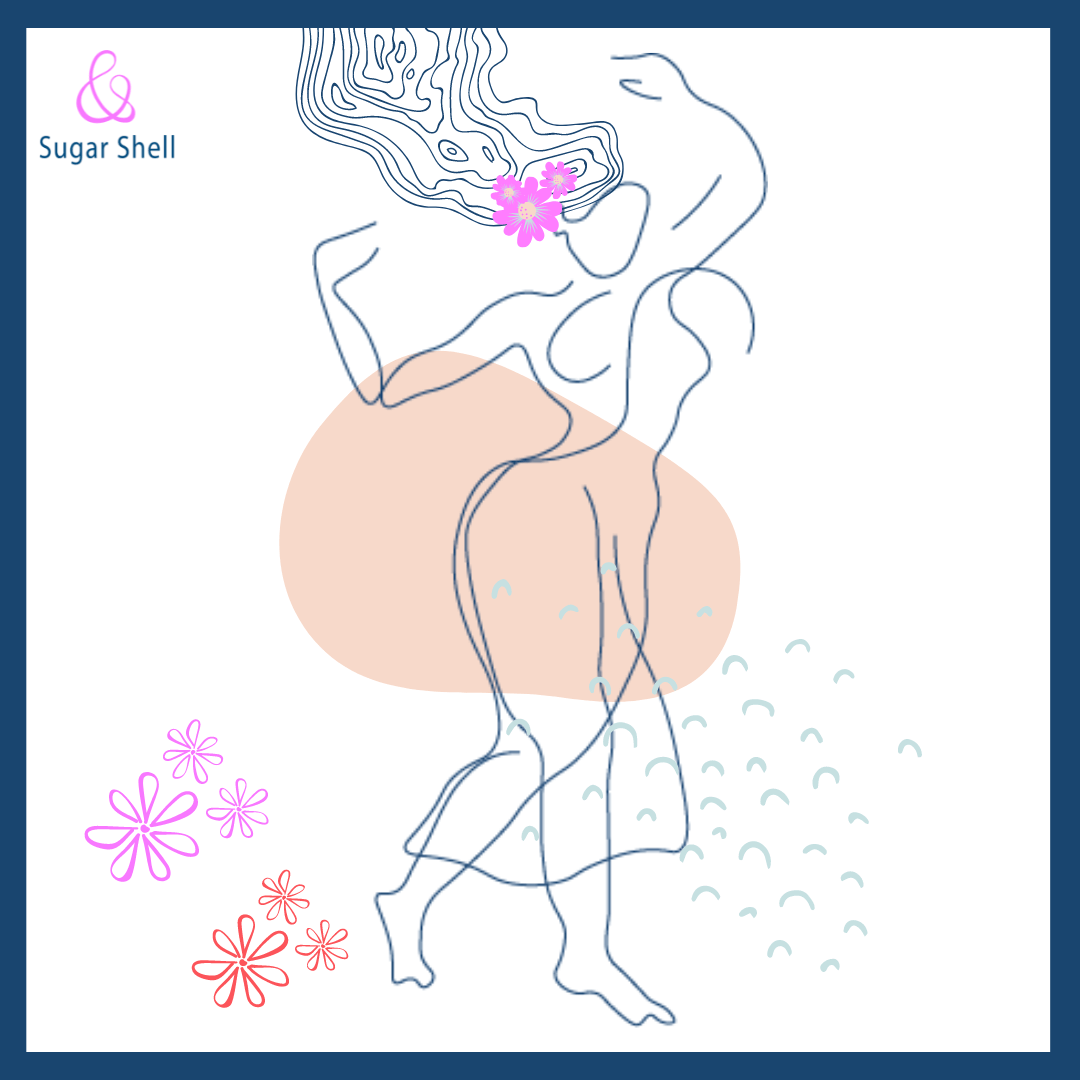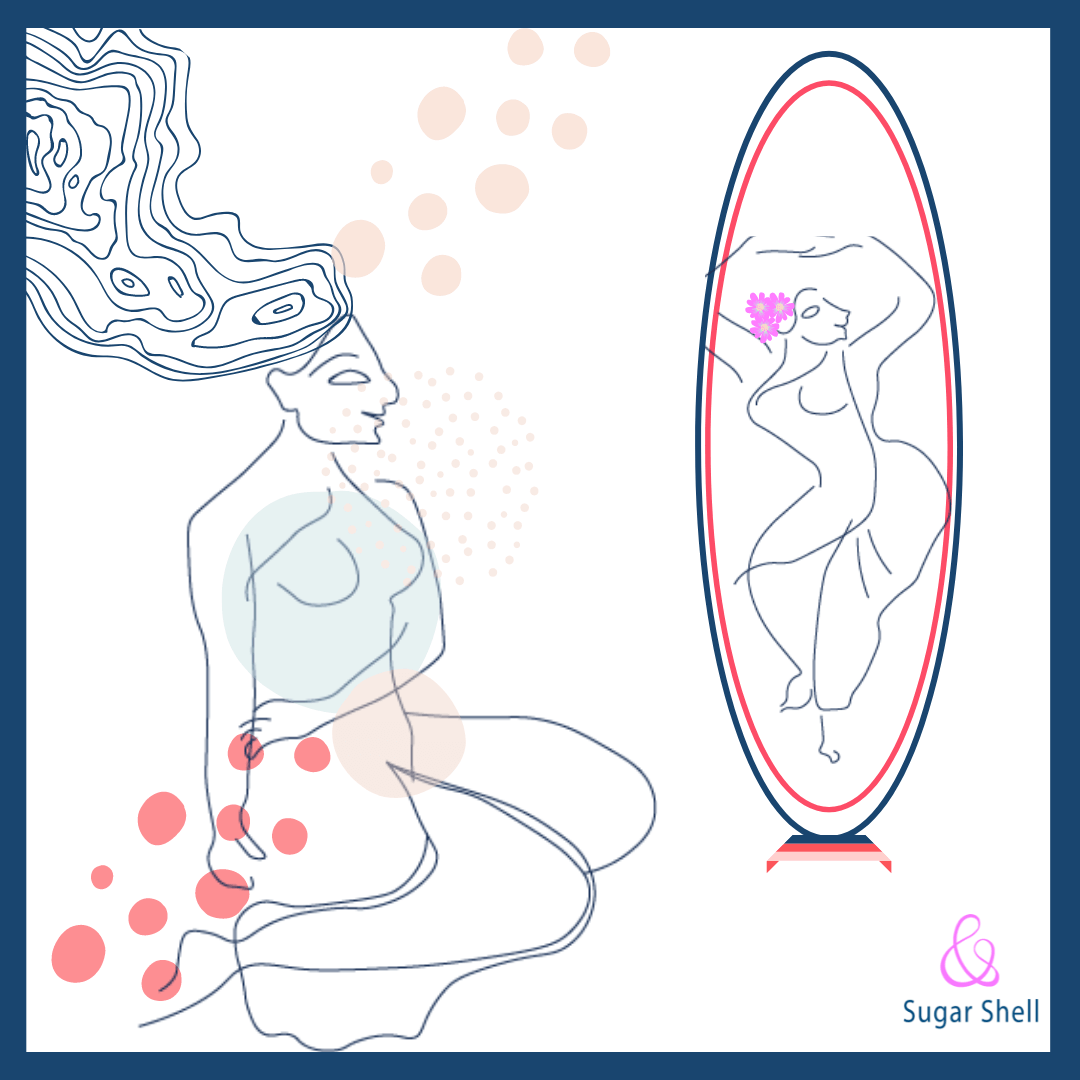
Breast cancer has become the most common cancer in females. Till the last decade the studies related to breast cancer patients were mainly based on analysing the survivability, cure and treatment of patients. However, the current studies are focusing on quality of life of breast cancer patients. Analysing the quality of life of the patient is also significant for assessing the consequences of the cancer treatments. With the help of comprehensive research, it is found that QOL of breast cancer patients is affected by various factors associated with life of patients. Most of the patients are diagnosed with the disease at a very advanced stage, due to lack of education, resources, financial stability and cultural aspects. The psychological and social aspects are often ignored due to which quality of life is affected.
The patients suffer from various socio-economic factors, financial problems, lack of education, lack of spousal support and lack of employment. These factors specifically influence the QOL of patients. The patients from rural areas are more frequently presented with advanced stage of disease, due to decrease affordability of the treatment and less effective screening tests.
Diagnosis of breast cancer can be devastating and can trigger several adverse reactions for the majority of women. Many women, can develop symptoms of psychological distress such as anxiety, depression, fatigue, pain, difficulty concentrating, social isolation, sexuality concerns, and self-blame.
In women, the loss of the symbols of femininity can result in low self-esteem, negative body image, false self-perception, social isolation and the development of communication or relationship problems with family members or friends. As a result of the side effects of cancer treatments, some women may develop “cancer stigma” from losing their feminine physical characteristics through hair loss (secondary to chemotherapy) or the loss of one or both breasts (following mastectomy).
The psychosocial stress and the physical burden of the disease may further reduce the patients’ opportunities in life and increase social rejection and isolation. Thus, their level of emotional well-being is decreased along with poor health outcomes.
When the participants were diagnosed with breast cancer, many of them entered a state of shock; for them the word cancer meant “death sentence”. They believed that death was inevitable, which created fear and anxiety at all times. The diagnosis not only disturbed their personal, social, and family life, but also interfered with work. Some of the responses expressed by the participants are given below:
“The word death always rings in my ear…the fear of recurrence affects my life…I worry about my future both in terms of my marriage life and my work…the word cancer is, especially, a big word. In other countries it is even called death, and it is not an easy term.” Patient 1, aged 28 years, 12 months post diagnosis, had surgery, on chemotherapy and radiotherapy treatment.
“I could not sit or sleep alone; I was always calling my children to be beside me, scared of dying alone, without seeing them.” Patient 2, aged 48 years, 17 months post-diagnosis, on chemotherapy and radiotherapy treatment.
Some participants were concerned that their diagnosis would have emotional ramifications on their family members who would also be shocked and saddened by the diagnosis. The disease imposed much sadness and disappointment upon their families, which, in turn, made the participants feel worse. Brief accounts of the impact of breast cancer diagnosis on the participants’ family members are detailed below:
“My whole family became so sad, especially my elder sister, and my brother they could not cope with the news, even more so than me… my husband and the kids were the most devastated.” Patient 4, aged 42 years, 14 months post-diagnosis, on chemotherapy treatment.
“The sadness is connected with me… not sad about myself but for my family… they are concerned about their daughter’s future; I am their first child… they are waiting to see my bright future… I mean they were shocked that their daughter is having cancer… I mean they will view this as misfortunate.” Patient 5, aged 28 years, 12 months post-diagnosis, had surgery, on chemotherapy and radiotherapy treatment.
Some participants believed that people in their society looked at them in a sympathetic manner, which hurt their feelings, and they found it condescending. This limited their interaction with people and kept them isolated from the rest of society. For example, some participants reported the following:
“People can cause depression… the social view of people towards the sick person is always sympathetic… people have adopted negative attitudes toward cancer patients…” Patient 5, aged 52 years, nine months post diagnosis on chemotherapy and radiotherapy.
“The community does not help if you have cancer you know… they will deal with you differently and I do not like this feeling, which makes me stay away from others… I do not want to be like this… I mean sick.” Patient 6, aged 38 years, 31 months post-diagnosis, had surgery, on chemotherapy and radiotherapy treatment.
Some participants were reluctant to tell their friends about the diagnosis, worried that this might affect their relationship and make them appear weak. Thus, they prefered to keep the news of the diagnosis confidential and disclose it to close family members only.
“If I tell my close friends… I might collapse… because of their reaction, it is very difficult… now I have very strong faith… and because of this I do not want to be weakened by my friends’ reactions…or from my surroundings.” Patient 7, aged 24 years, five months post-diagnosis, on chemotherapy and radiotherapy treatment.
“I do not know what my friends would say, I do not know what is inside them, some will show commiseration in their reaction, others with whom I have had a shaky relationship I do not know, they might be happy about this, I prefer not to tell anyone.” Patient 8, aged 32 years, six months post-diagnosis, on chemotherapy treatment.
Most of the study participants were worried that the diseases would spread to other parts of the body, believing that breast cancer is an inherited disease and causing them worry that their daughters might develop breast cancer in the future. Some of the participant’s major concerns were noted as follows:
“I am worried about the lives of my daughters; I am afraid this illness might affect them… and they might inherit it from me.” Patient 9, aged 51 years, 12 months post-diagnosis, had surgery, on chemotherapy and radiotherapy treatment. The participants were also worried about the side effects of chemotherapy. Many of them had bad experiences, and others prepared themselves and accepted the consequences.
“I cried and cried when I was told the chemotherapy will make me lose all of my hair and I will have no hair… I saw it falling but… I prepared myself for the fact that I will lose my hair and I accepted it. I think it is better that the person knows about the side effects so they can be prepared.” Patient 10, aged 42 years, 14 months post-diagnosis, on chemotherapy treatment.
“Chemotherapy messed me up, extremely affected me… I even felt that my memory was gone and I started to forget things… very difficult, exhausting, the day they gave me chemo I felt like “have I lost my memory to this extent?”… it is really hard, I changed around my kids, around my house, what more can I say.” Patient 11, aged 39 years, 5 months post-diagnosis, on chemotherapy and radiotherapy treatment.
Through various studies it was found that the importance of the quality of life in breast cancer patients was crucial as it is directly linked to the outcomes of the therapies and treatments that patients will go through and also their survival rate post treatment/surgery.
Today medial fraternity across the globe are widely discussing the importance of predictive analytics and its scope in improving the quality of life in breast cancer patients. According to their studies, psychosocial intervention can help to improve the quality of life in patients and increase the survival rate in them.
PREDICTIVE HEALTH ANALYTICS FOR BETTER QOL IN BREAST CANCER PATIENTS
Predictive analytics can help in discovering patterns and extracting useful insights from the collected data relating to quality of life in breast cancer patients. Basically, a predictor model of QOL to find the quality of “life-score” that can be used for obtaining positive outcomes of the treatments in patients. For example, the physical functionality significantly affects the mental and emotional state. With the use of demographic and medical history like, age, gender, marital status, financial stability, involvement of any amount of negligence towards the health, delay in diagnosis of breast cancer, severity, co-morbid conditions, etc. can help in predicting the behaviour and trends for assessing and tracking the QOL of a breast cancer patient.
In addition to that, determining the subjective indicators like pain, fatigue, symptoms of disease or side effects of treatment and other symptoms which arise due to the treatment is crucial too for better analysis of the QOL and predicting the survival estimation and timely prognosis of cancer. This way predictive health analytics can contribute significantly in evaluating various stages of cancer and define the right kind of treatment to each patient as per their condition thereby improving the overall quality of life of the patient.
Follow us :
Website: sugarshell.in
Instagram : https://www.instagram.com/sugarshell_innerwears/?hl=en
Facebook page:https://www.facebook.com/SugarShell-innerwears-and-prosthetics-111176221055826
Twitter: https://twitter.com/BrandsShell



